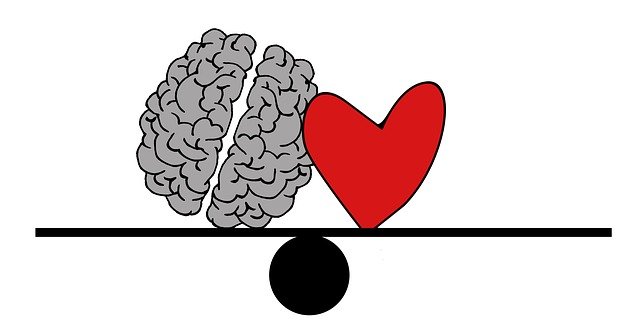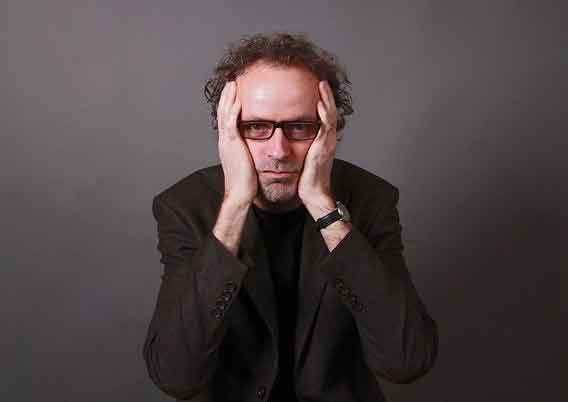
Lots of people are looking forward to getting back to normal life. Obviously, we know that things will not go back to how they were in 2019; a new normal is on its way. We do not know what this new normal will look like yet and this can make many people feel high levels of anxiety.
A new normal usually describes the state to which society and any related factors settle following a crisis. Your new normal will be the place where you end up when the COVID-19 crisis ends.
Please note that I am using the word “crisis”. By “crisis”, I mean the point at which the situation was at its worst. When the crisis ends, the situation will not be completely sorted out but it will be in a more controllable and manageable place.
You have probably been thinking about when life is going to return to normal and about what the new normal will look like. There is no fixed answer to this, which means you end up imagining what it might be like. This could be useful for people who are creative and can see the opportunities that the future might bring.
However, it could generate anxiety for others who find it hard to manage uncertainty and do not trust their abilities to face unexpected emotions or situations – people who tend to catastrophise about the future.
Can you avoid anxiety and uncertainty?
Unfortunately, not. Uncertainty is part of life – you can make a lot of effort to control your life and plan every second of it, but there are many factors outside of your control that will interfere with your plans and make the future look different to how you thought it would be.
Therefore, learning how to accept and deal with uncertainty is particularly important.
Why is it important to learn how to deal with anxiety and uncertainty?
If uncertainty generates a high level of anxiety for you, it is highly likely that your reaction will be to avoid the situation that causes it.
This is a natural human reaction but, when you avoid situations and do not take any risks, you stop doing things and may start to withdraw from the world and disengage from friends, family, work etc. You stop being creative, achieving your goals and enjoying your life and your freedom.
How can you learn to do this?
It is normal to feel anxious when you are experiencing an uncertain situation. If your anxiety is extremely high, your ability to manage the situation decreases and the anxiety takes control of you.
If you are suffering from this, a good starting point is to do some exercises to reduce anxiety. You could use grounding techniques, breathing exercises, meditation or any other techniques that you are already familiar with.
If you do not know any techniques and would like to learn some, you can easily find this information on the internet or you can contact me and I would be happy to email you some information about it.
It is important to remember that everyone is different and you will need to find the technique that suit your personality and work for you, so be patient and kind with yourself whilst you find the right practices.
So, what is next?
Once you have managed to reduce your anxiety, write down your thoughts and worries about the future. Write freely and for as long as you want to, without assessing what you are writing or thinking about the words that you are choosing.
Remember that you do not need to share your writing with anyone. I would suggest writing on paper rather than on an electronic device, unless using a computer or phone would make things less stressful for you.
If writing is not your thing, perhaps you could try drawing and use images to show how you picture your future in your head.
The next step is to read back what you have written or look at your images and think about what they mean. When you are reviewing your work, you will be able to identify the thoughts that scare you or cause anxiety.
Once you see these in black and white, you will probably be able to immediately reassess them, decide whether they are actually likely to happen or if they look as big and scary as you thought they were before.
If your thoughts do still seem as scary as before, and putting them down on paper has not helped you, you can challenge them.
Think about the evidence that you have to support your thoughts and write this down. Then look for evidence that does not support your thoughts. Once you have done this, look at both lots of evidence together and see if this helps you to create new and more balanced thoughts.
Try to work out if your original thoughts were facts or whether they were something that your mind created by misinterpreting reality and previous experiences.
If you want a more detailed guide on how to do this, click here to contact me and I will email you a booklet with more information.

Remember that anxiety is a normal emotion. It is part of being human and it helps to keep you safe. The problem starts when it prevents you from moving forward.
Avoiding situations that trigger your anxiety or uncertainty can sometimes feel like a quick solution but you are only evading the issue and this could happen increasingly often. You could end up avoiding most of the things that you used to enjoy or things that you need to face in life, which will only reduce your happiness and limit your choices. Accepting uncertainty and managing anxiety will allow you to feel happier and be free to make choices.
If you are avoiding anxiety and uncertainty, or if you feel that you are struggling with these things, it is worth considering professional help. If you have doubts or you would like to discuss whether therapy is right for you, please complete the contact form at the end of this article to book a 15-minute free telephone consultation where we can discuss this, and I can tell you if I am in a position to offer you support.

